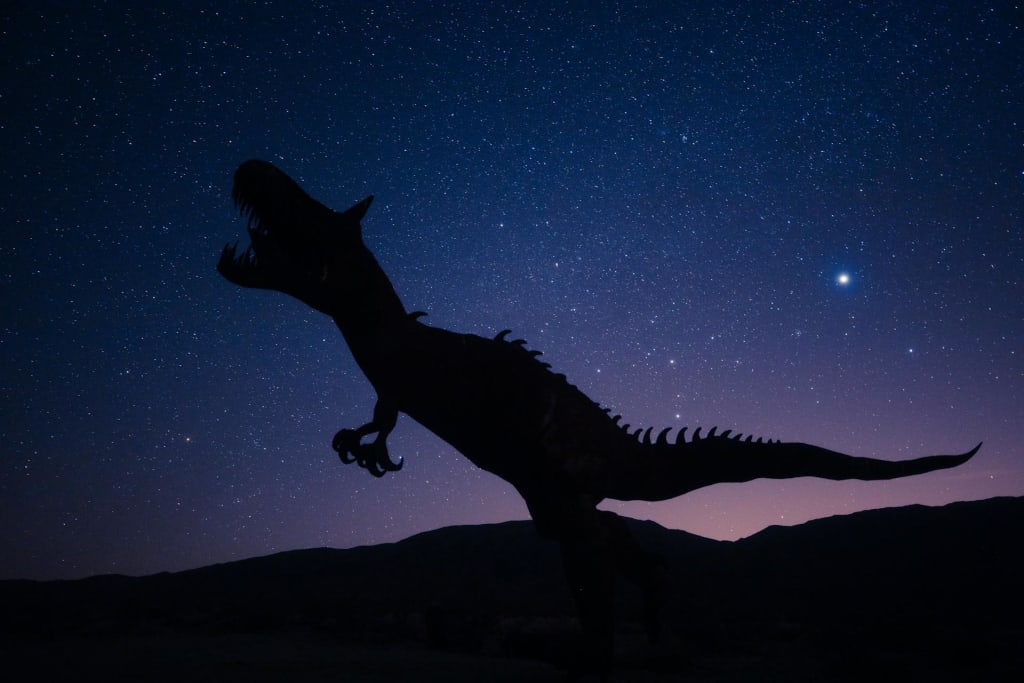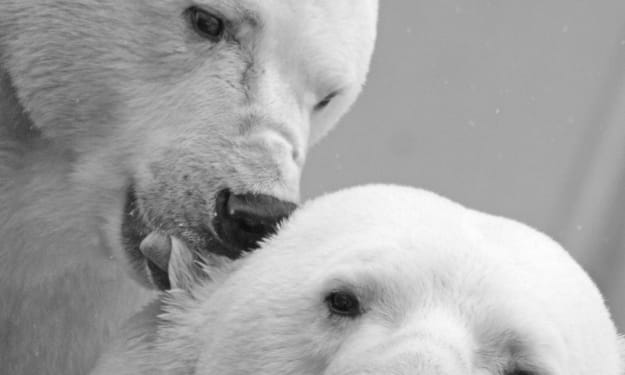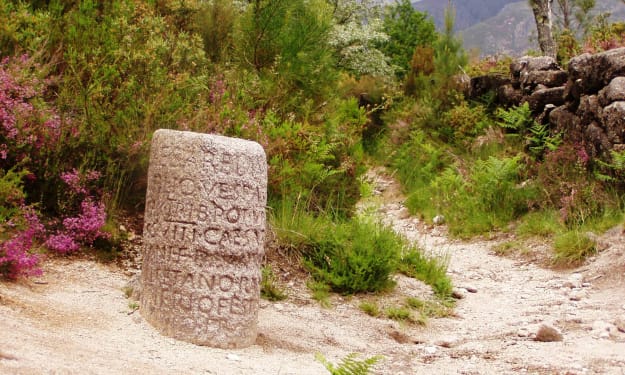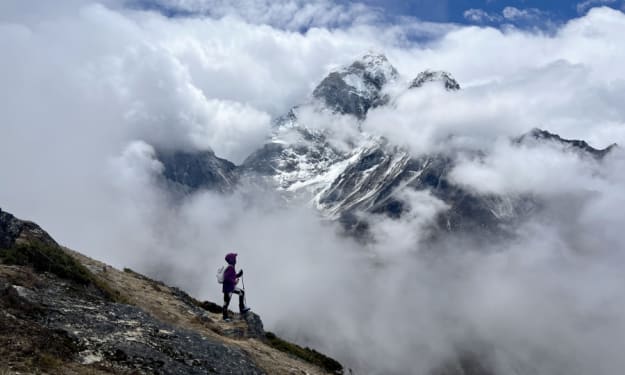The Final Roar: The Tragic End of the Dinosaurs
A Tale of Cataclysm, Survival, and Renewal in Earth's Ancient Past

The final days of the dinosaurs, a story of epic grandeur and tragic downfall, is one of the most compelling chapters in the history of our planet. Picture a world teeming with life, where colossal sauropods roamed vast plains, fierce theropods hunted their prey, and the skies were filled with the calls of pterosaurs. This vibrant world, however, was about to face a cataclysm of unimaginable proportions.
Sixty-six million years ago, in the heart of the Late Cretaceous period, life thrived in an intricate web of ecosystems. Dinosaurs, the dominant creatures, lived in diverse habitats, from dense forests to arid deserts. Among them were the towering Argentinosaurus, the swift and deadly Velociraptor, and the iconic Tyrannosaurus rex. These creatures had no inkling that their reign was about to come to an abrupt and devastating end.
The cause of this mass extinction was an asteroid, a celestial object hurtling through space on a collision course with Earth. This asteroid, roughly six miles wide, was a harbinger of doom. When it struck the Yucatán Peninsula in what is now Mexico, it unleashed a force equivalent to billions of atomic bombs. The impact created the Chicxulub crater, a scar on the planet that still exists today.
The immediate effects of the impact were catastrophic. The collision generated a blinding flash of light, followed by an ear-splitting explosion. The ground shook violently, and shockwaves radiated outwards, leveling everything in their path. Forests were flattened, and tsunamis roared across oceans. For the dinosaurs near the impact site, death was instant and merciless.
But it was the aftermath of the impact that sealed the fate of the dinosaurs. The force of the collision vaporized rock, sending molten debris and ash high into the atmosphere. This debris rained down as fiery projectiles, igniting wildfires that consumed vast swathes of land. The sky darkened as soot and dust filled the air, blocking out the sun. What followed was a nuclear winter, a period of darkness and cold that lasted for months, if not years.
Plants, the foundation of the food chain, withered and died in the absence of sunlight. Herbivorous dinosaurs, deprived of their primary food sources, began to starve. Without the herbivores to prey upon, carnivorous dinosaurs also faced starvation. The lush, vibrant world that the dinosaurs had known was transforming into a barren wasteland.
As the days turned into weeks and weeks into months, the surviving dinosaurs struggled against the relentless grip of extinction. In the once teeming forests, the silence was deafening. Where there had been the calls of Hadrosaurs and the rustle of Ankylosaurs, there was now an eerie stillness. Rivers and lakes, once bustling with life, became desolate and empty.
Among the survivors, small pockets of dinosaurs fought to adapt. Some sought refuge in the deepest forests or the highest mountains, places where the impact's effects were less severe. These resilient few clung to life, but their numbers dwindled with each passing day. The young and the weak were the first to perish, leaving behind a haunting reminder of the fragility of life.
In the midst of this desolation, a mother Maiasaura guarded her nest. She had once lived in a thriving colony, where the sounds of her young mingled with the calls of her kin. Now, she was alone, her once vibrant world reduced to a monochrome of ash and ruin. She watched as her eggs, once full of promise, failed to hatch, the embryos inside succumbing to the cold and the darkness.
A Tyrannosaurus rex, once the undisputed king of its domain, wandered the barren landscape in search of food. Its once powerful frame had become gaunt, its mighty roar now a hollow echo of despair. It came across the carcass of a Triceratops, another victim of the cataclysm, and fed on the remains, a grim reminder of the struggle for survival in this dying world.
Amidst the extinction of these magnificent creatures, life did find a way to persist. Small mammals, which had lived in the shadow of the dinosaurs for millions of years, began to emerge. They were adaptable and resilient, able to survive in the harsh conditions that followed the asteroid impact. These early mammals would eventually pave the way for the rise of a new era, one where their descendants would come to dominate the planet.
As the darkness of the nuclear winter began to lift, Earth started its slow recovery. The sun's rays, once again penetrating the dust-laden sky, brought warmth and light back to the ravaged land. New plants began to grow, and life slowly returned to the barren landscapes. But the dinosaurs, those majestic rulers of a bygone era, were gone, their extinction marking the end of an age.
The story of the dinosaurs' end is not just one of destruction, but also of renewal. It is a poignant reminder of the fragility of life and the ever-changing nature of our planet. The dinosaurs, in their grandeur and their downfall, teach us about the forces of nature that shape our world and the resilience of life in the face of unimaginable odds.
In the silence that followed the extinction, the Earth held its breath, waiting for the next chapter to begin. From the ashes of the dinosaurs' demise rose the dawn of a new era, one that would eventually see the rise of humankind. As we look back on that distant past, we are reminded of our own place in the grand tapestry of life, and the lessons we can learn from the ancient giants who once ruled the world.
About the Creator
jennifer
I mainly write stories on how you can make money online but here and there i might write about other stuff like historical incidents and stuff like that. most of my work is AI generated but most of the ideas and content is my original idea.
Enjoyed the story? Support the Creator.
Subscribe for free to receive all their stories in your feed. You could also pledge your support or give them a one-off tip, letting them know you appreciate their work.






Comments (1)
share your thoughts